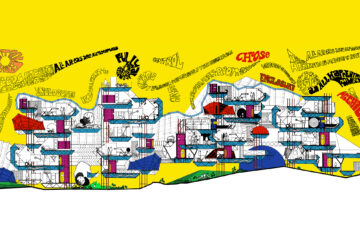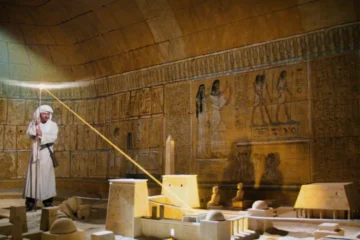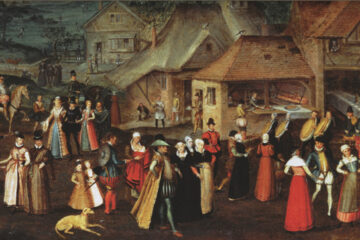Socialist Cybernetics Around the World
In 1961, a group of architects gathered in a Soho loft to gripe about the inequalities of the world. As they looked around London, they wondered: if they could imagine a better city, would they imagine a better world? My research investigates how 1960s-1970s architects and theoreticians used emerging technology to revolutionize city, and even country, planning.









